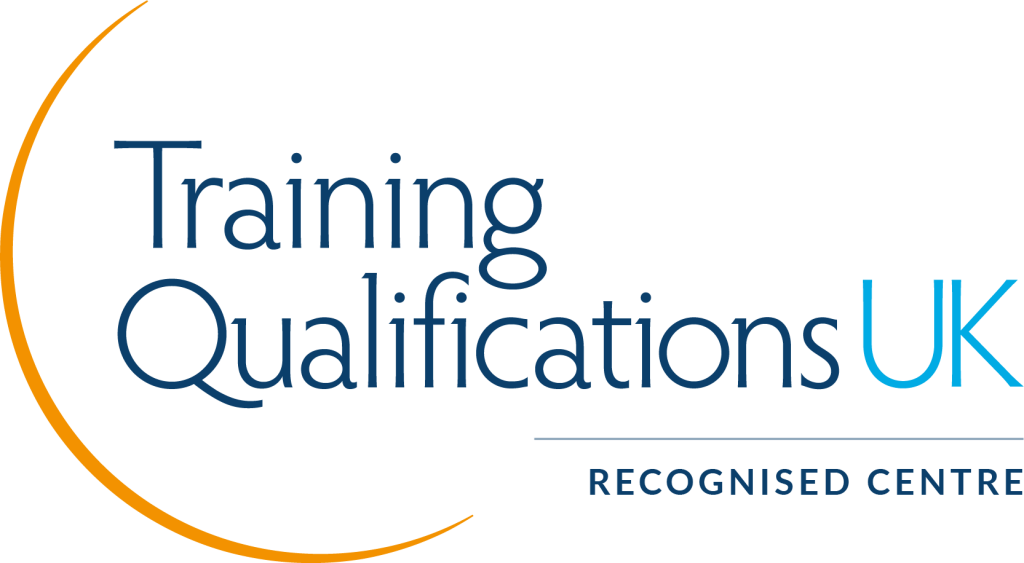Embarking on a Career as a Residential Childcare Worker in the UK
What is a Residential Childcare Worker?
A Residential Childcare Worker provides care and support to children and young people living in residential settings, such as children’s homes. These professionals create a safe, nurturing environment to promote the well-being and development of young residents, many of whom may have experienced trauma, neglect, or other challenges.
Main Roles and Responsibilities
As a Residential Childcare Worker, your duties will include:
- Providing Daily Care: Assisting with daily routines, including personal hygiene, meals, and educational activities.
- Emotional Support: Building trusting relationships to support the emotional and psychological well-being of children and young people.
- Promoting Positive Behaviour: Encouraging socially acceptable behaviour and implementing behaviour management strategies when necessary.
- Planning Activities: Organising recreational and educational activities to support development and social skills.
- Record Keeping: Maintaining accurate records of each child’s progress, incidents, and any concerns.
- Safeguarding: Ensuring the safety and welfare of all residents by adhering to safeguarding policies and procedures.
Qualifications Needed
To become a Residential Childcare Worker, the following qualifications are typically required:
- Level 3 Diploma in Residential Childcare: This qualification is often required within two years of starting employment in a residential childcare setting.
- GCSEs: Some employers may require GCSEs in English and Maths at grade 4 (C) or above.
While formal qualifications are essential, many employers offer the opportunity to work while you train, providing support to achieve the necessary credentials.
Skills Needed
Successful Residential Childcare Workers possess a range of skills, including:
- Empathy and Compassion: A genuine concern for the well-being of children and young people.
- Resilience: The ability to remain calm and composed in challenging situations.
- Communication Skills: Effective verbal and written communication to interact with residents, colleagues, and other professionals.
- Teamwork: Collaborating effectively with a team to provide consistent care.
- Problem-Solving: The ability to assess situations and implement appropriate solutions.
- Adaptability: Flexibility to respond to the varying needs of children and young people.
Suggested Courses
To gain the necessary qualifications, consider the following courses offered by Training Qualifications UK (TQUK):
- TQUK Level 3 Diploma for Residential Childcare (RQF): This comprehensive qualification is designed for individuals aspiring to work in residential care with children. It covers essential areas such as child development, safeguarding, and promoting well-being. The course aligns with current regulations and is recognised by Ofsted and the Care Quality Commission (CQC).
- TQUK Level 5 Diploma in Leadership and Management for Residential Childcare (RQF): Aimed at those looking to advance into leadership roles within residential childcare settings, this diploma focuses on developing management skills and understanding the complexities of leading in a childcare environment.
Pursuing a career as a Residential Childcare Worker is both challenging and fulfilling. With the right qualifications, skills, and dedication, you can make a significant impact on the lives of young people, providing them with the support and guidance they need to thrive.




